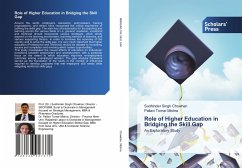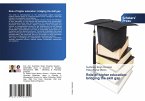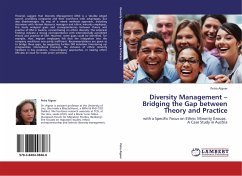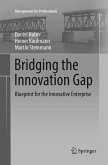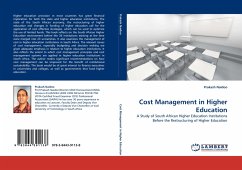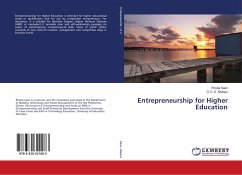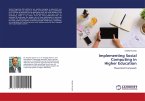Around the world, employers, educators, policymakers, training organizations, and others have recognized the critical importance of tackling the skills gap. The main key characteristics for the teaching and learning across the various fields of i.e. general, academic, vocational and technical should incorporate various strategies, which wholly depend on the learning environment, teaching methods of learners, and various supporting factors. In order to increase the economy of the country and to solve the skills gap, it is very much important that higher education (Professional and Technical) should be allowed to increasing access and completion and evolving which career opportunities. This study investigated the causal effects of education on individuals' transitions between employment and unemployment, with a particular focus on the extent to which education improves re-employment outcomes among unemployed workers. The gap analysis framework served as the foundation of the study in the context of influences required to develop programs that met employers' skill needs while mitigating workforce skills gaps.
Bitte wählen Sie Ihr Anliegen aus.
Rechnungen
Retourenschein anfordern
Bestellstatus
Storno

